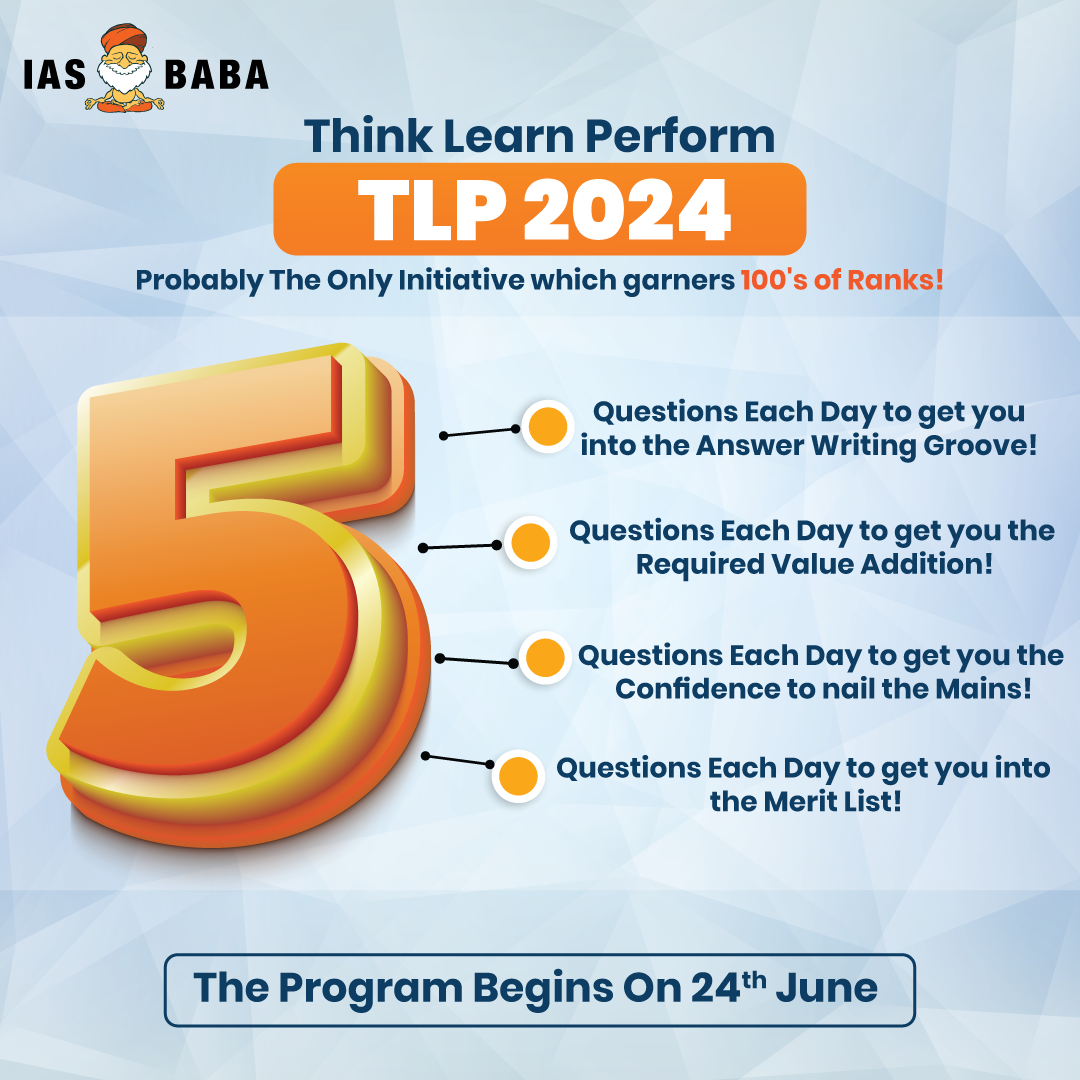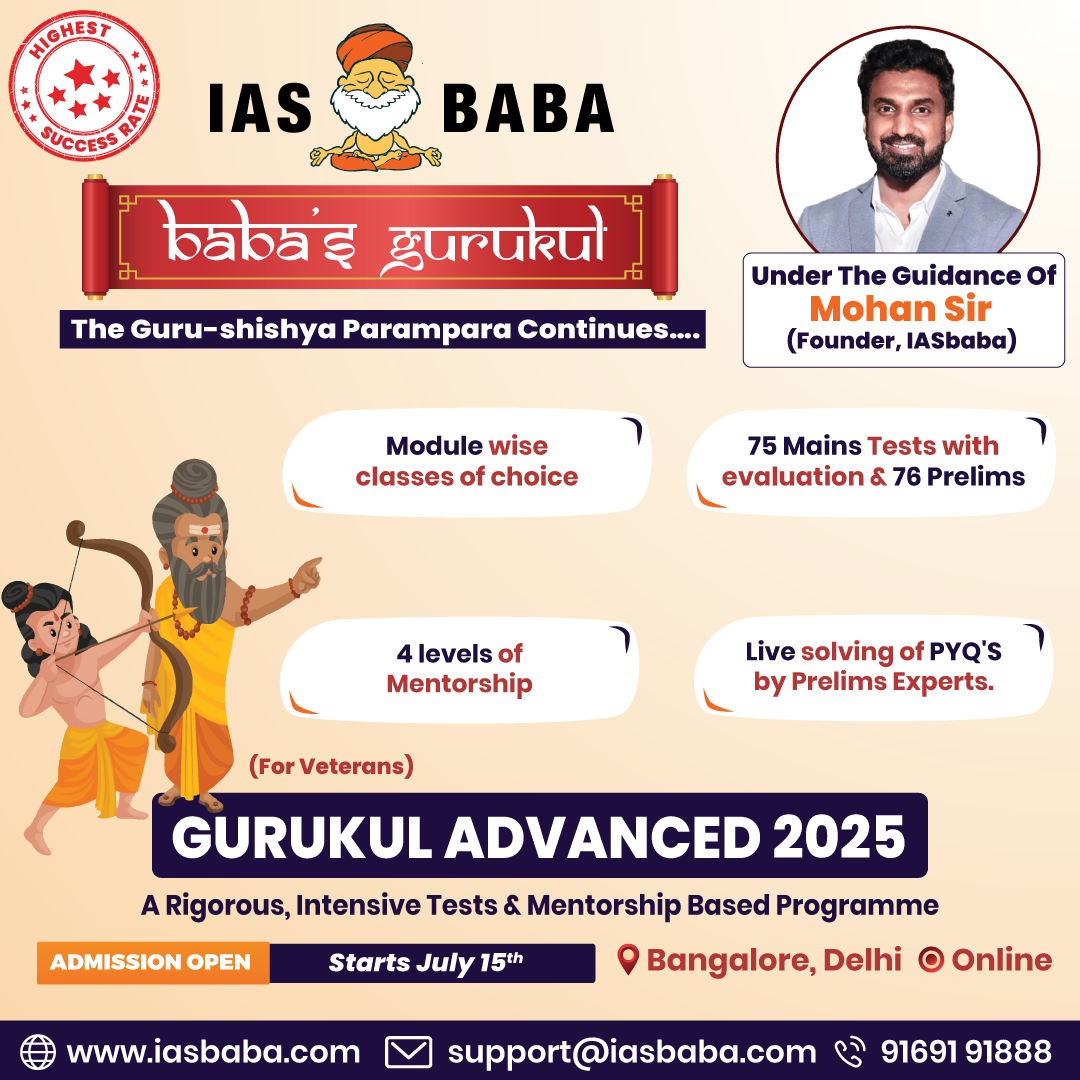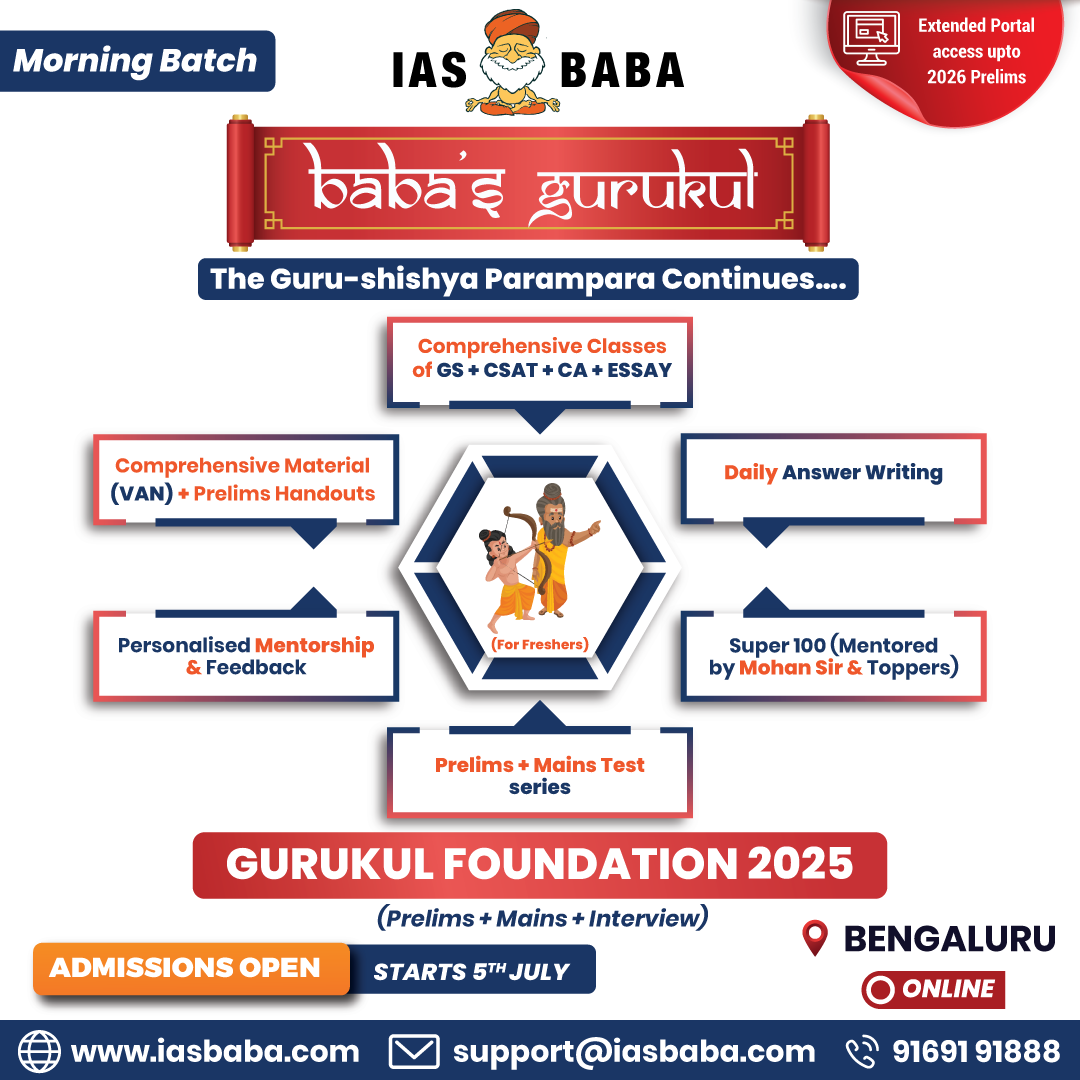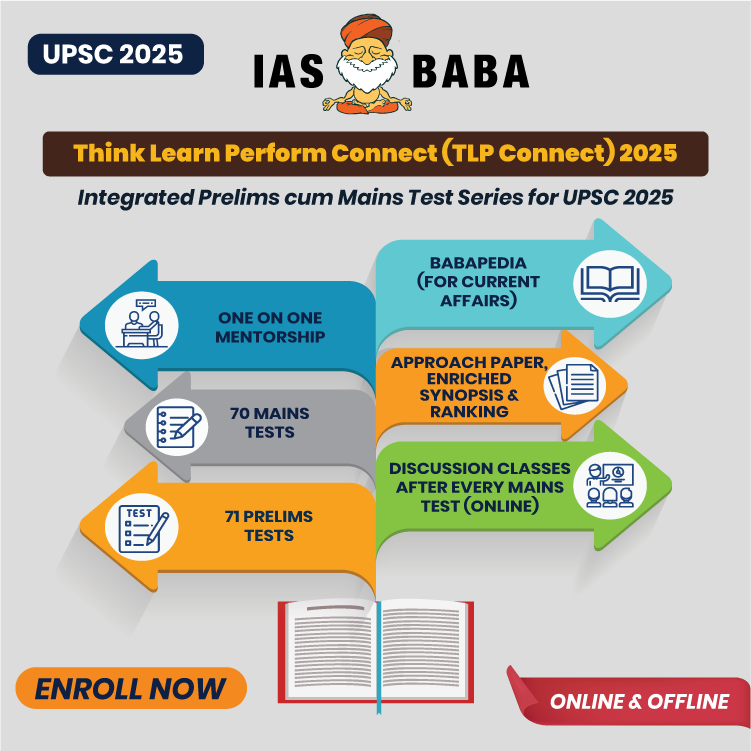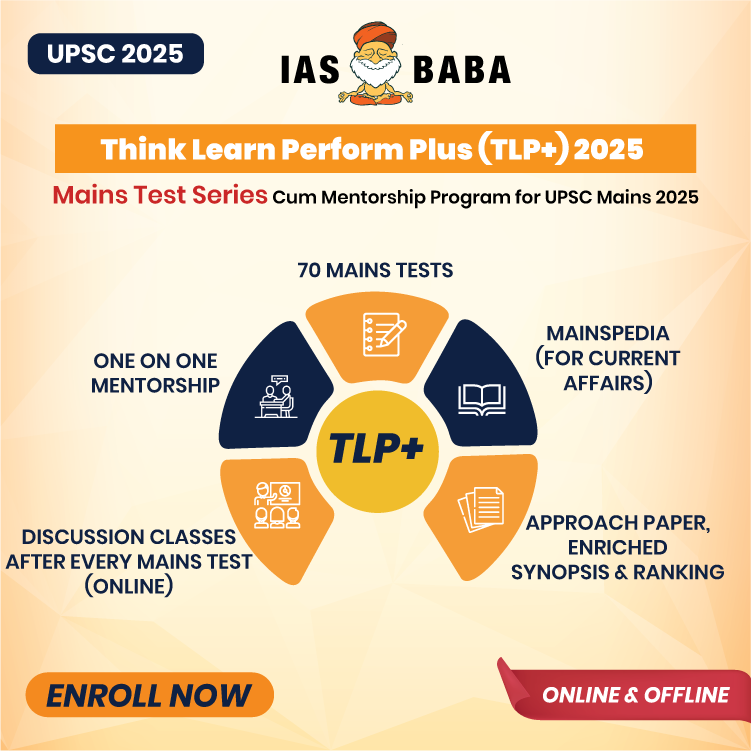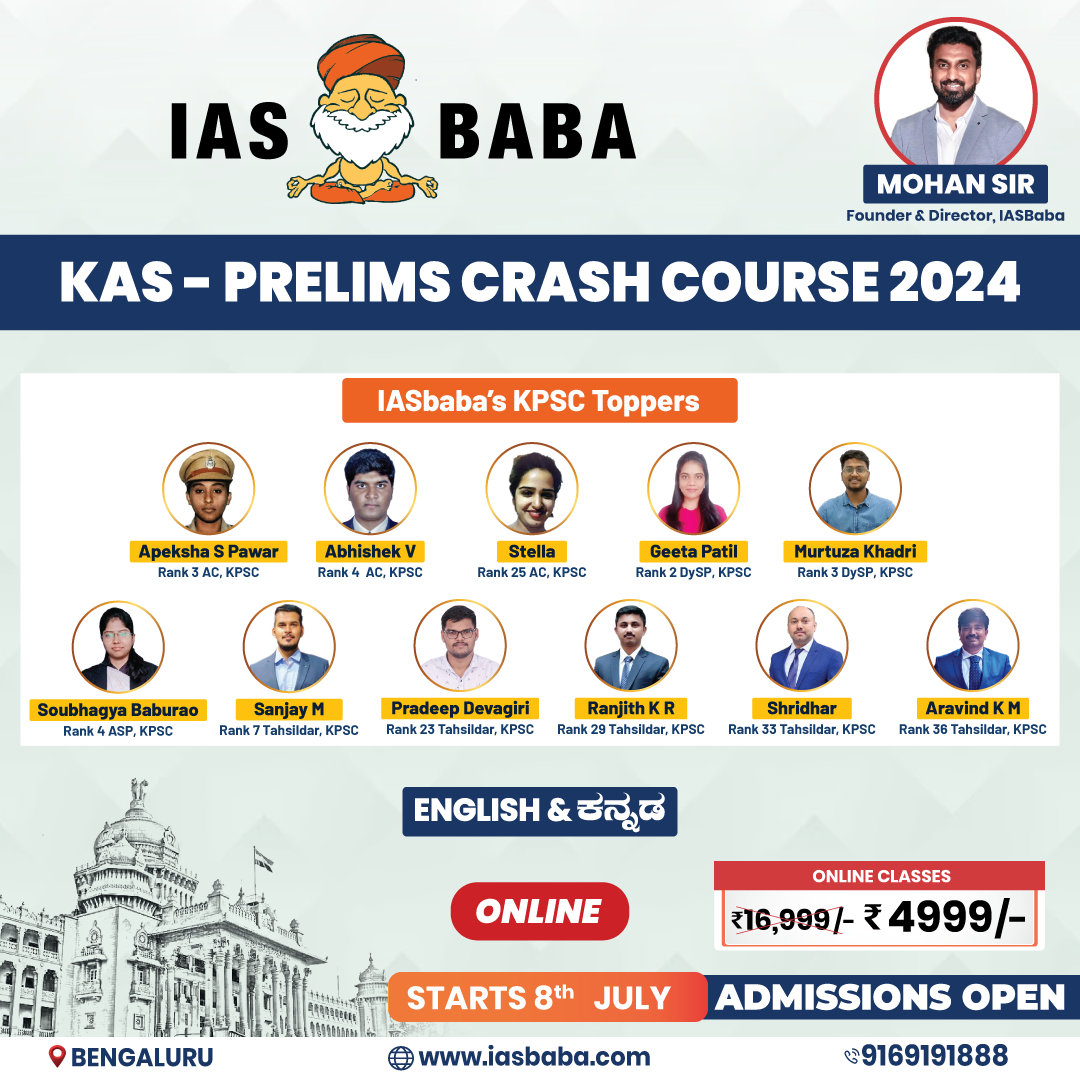UPSC Articles
SOCIETY/ GOVERNANCE/ RIGHTS
Topic: General Studies 1,2:
- Social Issues
- Welfare schemes for vulnerable sections of the population by the Centre and States and the performance of these schemes; mechanisms, laws, institutions and Bodies constituted for the protection and betterment of these vulnerable sections.
Marital Rape
Context: Domestic violence in India is an entrenched problem, and it has only been exacerbated in the recent years.
Vulnerability of Indian Women
- Domestic Violence: About 70% of women in India are victims of domestic violence.
- Rape: National Crime Records Bureau’s (NCRB) ‘Crime in India’ 2019 report shows that a woman is raped every 16 minutes, and every four minutes, she experiences cruelty at the hands of her in-laws.
- Reporting of Sexual Violence: An analysis of National Family Health Survey (NFHS) 2015-16 data indicates that an estimated 99.1 per cent of sexual violence cases go unreported
- Marital Violence: The average Indian woman is 17 times more likely to face sexual violence from her husband than from others.
What is Marital Rape?
- Marital rape, the act of forcing your spouse into having sex without proper consent
- It is an unjust yet not uncommon way to degrade and disempower women.
What are the recommendation of committees regarding Marital Rape?
- In 2013, the UN Committee on Elimination of Discrimination Against Women (CEDAW) recommended that the Indian government should criminalize marital rape.
- The JS Verma committee set up in the aftermath of nationwide protests over the December 16, 2012 gang rape case had also recommended the same.
How does Indian Law regime deal with Marital Rape?
- One of the most horrifying and repressive issues with the Indian legal regime is that marital rape is perfectly legal
- Section 375 of Indian Penal Code (IPC) defines the offence of rape with the help of six descriptions. One of the exceptions to this offence is “Sexual intercourse or sexual acts by a man with his own wife, the wife not being under 15 years of age, is not rape”.
What is the Criticism of India’s Legal regime on Marital Rape?
- Against International Norm: Today, it has been impeached in more than 100 countries but, unfortunately, India is one of the only 36 countries where marital rape is still not criminalized
- Concerns of Implied Consent: The concept of marital rape in India is the epitome of what we call an “implied consent”. Marriage between a man and a woman here implies that both have consented to sexual intercourse and it cannot be otherwise. The Indian Penal Code, 1860, also communicates the same.
- Against Right to Life and Right to Equality: The Supreme Court has included sanctity of women, and freedom to make choices related to sexual activity under the ambit of Article 21. Therefore, this exception clause is violative of Article 14 and Article 21 of the Indian Constitution.
- Patriarchal outlook of Laws: Rape laws in our country continue with the patriarchal outlook of considering women to be the property of men post marriage, with no autonomy or agency over their bodies. They deny married women equal protection of the laws guaranteed by the Indian constitution.
- Differentiates Married & Unmarried women: A married woman has the same right to control her own body as does an unmarried woman. Unfortunately, this principle is not upheld in Indian rape laws.
- Marital Rape is more dangerous to Women’s life: Rape is rape, irrespective of the identity of the perpetrator, and age of the survivor. A woman who is raped by a stranger, lives with a memory of a horrible attack; a woman who is raped by her husband lives with her rapist.
- Colonial Hangover: Our penal laws, handed down from the British, have by and large remained untouched even after 73 years of independence. But English laws have been amended and marital rape was criminalised way back in 1991. No Indian government has, however, so far shown an active interest in remedying this problem.
- Violative of UN Convention: Section 375 (Exception) of IPC is inconsistent with and violative of these principles of United Nations Declaration on the Elimination of Violence against Women
- Does not pass the test of “intelligible differentia”: Essentially, Section 375 (Exception) creates a classification not only between consent given by a married and unmarried woman, but also between married females below 15 years of age and over 15 years old. Such a classification does not pass the test of “intelligible differentia
Do You Know?
- In 2017, a PIL was filed by Independent Thought, an NGO, challenging this unintelligible classification and claiming that married women over 15 years of age should also be afforded this protection.
- The Supreme Court concurred with these averments to some extent and extended the age limit in Section 375 from 15 years to 18 years.
- The above judgment was only a small step towards striking down the legalisation of marital rape.
Conclusion
- It is high time that the legislature should take cognisance of marital rape and bring it within the purview of rape laws by eliminating Section 375 (Exception) of IPC.
- By removing this law, women will be safer from abusive spouses, can receive the help needed to recover from marital rape and can save themselves from domestic violence and sexual abuse.
Connecting the dots:
- Sex Abuse and Safeguarding our Children: Click here





